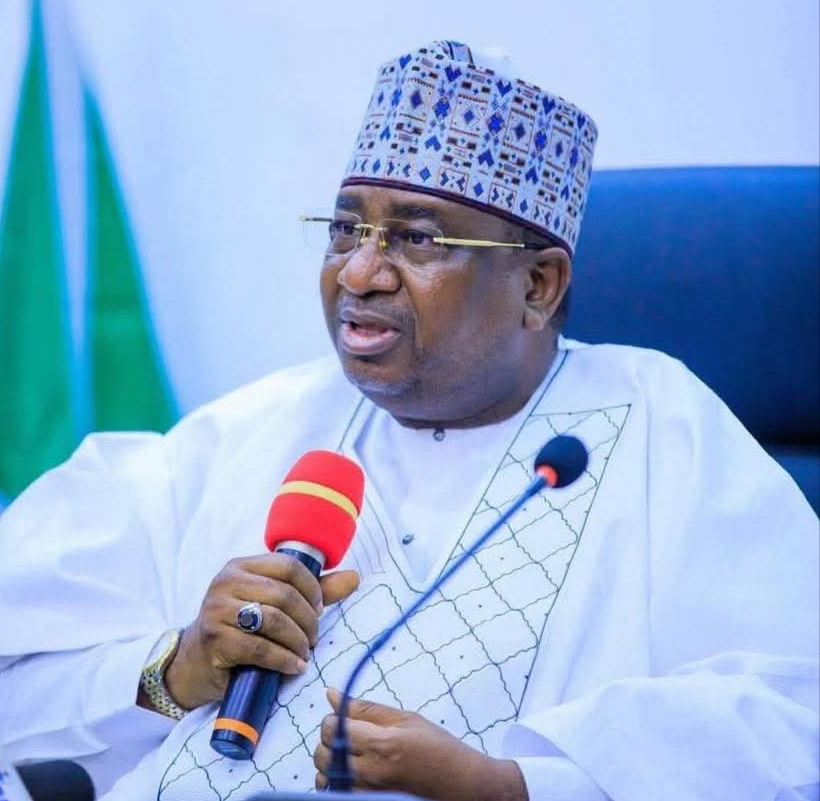The National Economic Council (NEC) has unveiled the framework for the Renewed Hope Development Plan, aimed at consolidating Nigeria’s reform agenda and achieving a $1 trillion economy by 2030. This plan, which will span from 2026 to 2030, is part of a 30-year development strategy designed to ensure inclusivity and accelerated growth.
At the 151st meeting of the NEC, chaired by Vice President Kashim Shettima, the Minister of Budget and Economic Planning, Atiku Bagudu, briefed state house correspondents on the proposed plan. The Renewed Hope National Plan is intended to build on existing policies, deepen continuity, and align Nigeria’s growth trajectory with the long-term goals of the Nigeria Agenda 2050.
According to Vice President Shettima, the transition to the new plan is critical to sustaining the country’s economic trajectory and consolidating the administration’s ongoing reforms. The plan will be participatory, engaging multiple tiers of government, civil society, and private actors. This approach is designed to ensure that the plan is not solely drawn from the federal government, but rather involves a broader range of stakeholders.
The NEC also announced that the National Agency for Science and Engineering Infrastructure (NASENI) has scaled up local production of solar-powered irrigation pumps. This initiative aims to reduce energy costs for farmers and expand dry-season cultivation, ultimately reinforcing food security.
In addition to the economic plan, the NEC discussed preparations for the next round of the national immunisation campaign. The council called on the Accountant General of the Federation to expedite the release of funds to ensure a hitch-free exercise. Partners were also urged to leverage technology to strengthen surveillance and tracking systems in Nigeria’s routine immunisation programme.
The introduction of the Renewed Hope Development Plan marks a significant step towards achieving Nigeria’s economic goals. With a focus on inclusivity, accelerated growth, and participatory governance, the plan has the potential to drive meaningful development and improve the lives of Nigerian citizens. As the country moves forward with the implementation of this plan, it is likely that the NEC will continue to play a critical role in translating policies into real outcomes for citizens.



